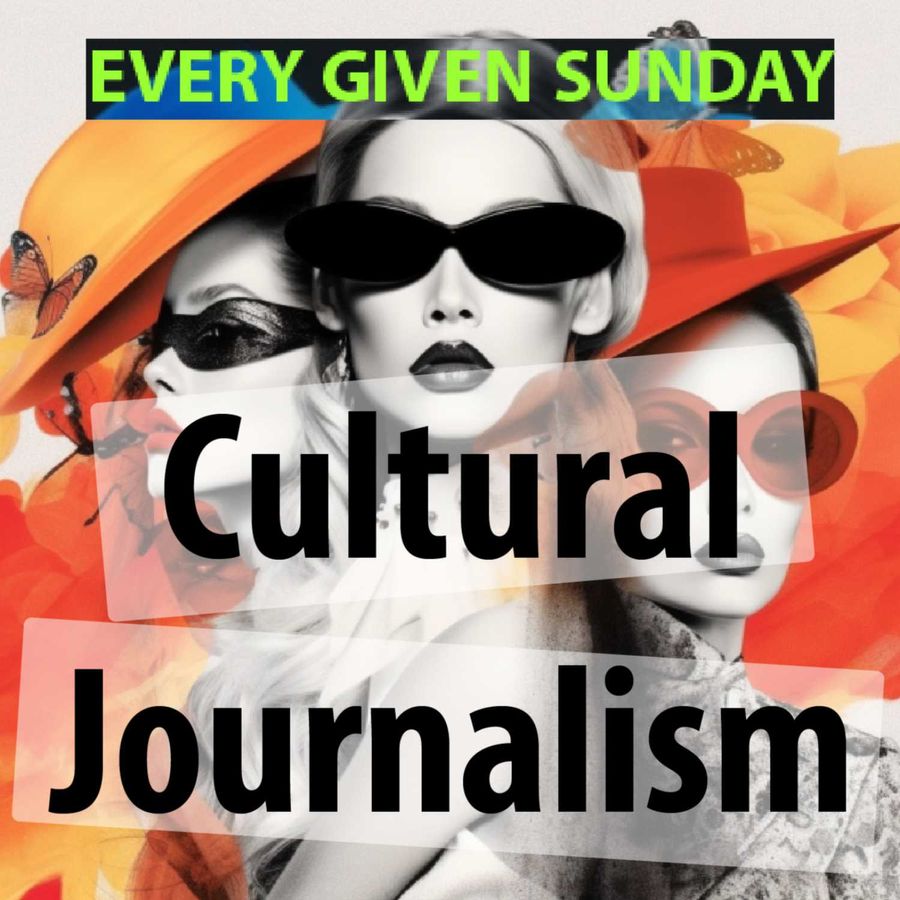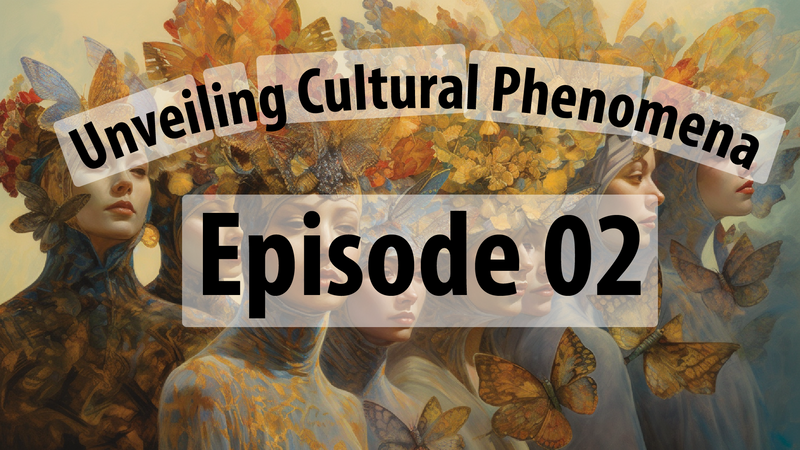Unveiling Cultural Phenomena: A Critical Exploration
In the grand tapestry of human existence, culture weaves its intricate threads, enveloping societies in a web of traditions, beliefs, and practices. Like an elusive spectre, it shapes our perceptions, moulds our identities, and leaves an indelible mark on history. But as we unveil cultural phenomena, we must approach this endeavour with a critical eye, unburdened by the shackles of conventional wisdom and driven by an unyielding pursuit of intellectual rigour.
As a multifaceted entity, culture defies simplistic categorizations and resists reductionist explanations. It manifests in myriad forms, encompassing language, arts, customs, and values, seeping into every crevice of our lives. Yet, for all its ubiquity, culture often remains an enigmatic force, eluding our attempts to grasp its essence. It is within this realm of ambiguity that our exploration must thrive.
To challenge conventional wisdom, we must first question the prevailing notion that culture is an immutable, monolithic entity. On the contrary, history is replete with examples of cultures evolving, blending, and clashing, defying stagnant categorizations. The Roman Empire, for instance, absorbed and assimilated diverse cultural elements from conquered lands, fashioning a vibrant amalgamation of traditions. Similarly, the Islamic Golden Age witnessed the translation and preservation of ancient Greek and Roman texts, ushering in a profound intellectual renaissance. These instances highlight the fluidity and malleability of culture, rendering it susceptible to external influences and internal transformations.
Moreover, culture is not a hermetically sealed entity immune to the currents of history. On the contrary, it is subject to the ebb and flow of power dynamics, economic forces, and technological advancements. For instance, the cultural landscape of Renaissance Europe was indelibly shaped by the emergence of the printing press, democratizing access to knowledge and catalyzing the spread of new ideas. In our contemporary era, the digital revolution has precipitated a paradigm shift in cultural production and consumption, transcending geographical boundaries and democratizing the dissemination of information. To unravel cultural phenomena, we must recognize the symbiotic relationship between culture and the external forces that shape it.

Yet, as we scrutinize cultural phenomena, we must not succumb to the allure of cultural relativism, which seeks to sanitize critical inquiry and silence the voice of reason. While acknowledging the intrinsic value of diverse artistic expressions, we must not shy away from challenging practices that perpetuate injustice, oppression, or ignorance. The universal ideals of human rights, equality, and freedom of expression must serve as touchstones against which cultural norms are assessed. We cannot retreat into a moral relativism that abdicates our responsibility to critique harmful cultural practices or ideologies.
History offers us lessons and insights to navigate this complex terrain. It reminds us that culture is far from a timeless construct and is shaped by human agency and historical contingencies. The Enlightenment, with its genuine pursuit of reason and emancipation from dogma, challenged the prevailing cultural norms of its time. The French Revolution, echoing the Enlightenment's ideals, dismantled the feudal order that had long stifled individual freedoms. These historical episodes teach us that culture is not a sacred relic immune to critique but a product of human creation that can be reshaped and reimagined.
In our quest to unveil cultural phenomena, we must also guard against the dangers of cultural essentialism. Artistic expressions are not fixed entities that define an entire group of people. Instead, they are a kaleidoscope of individual voices shaped by personal experiences and unique perspectives. Homogenizing cultures and reducing them to clichéd stereotypes impoverishes our understanding and perpetuates prejudiced attitudes. Instead, we must engage in nuanced discussions recognizing the multiplicity of voices within cultures, celebrating their diversity and illuminating their complexities.
In pursuing intellectual rigour, we must embrace skepticism and challenge the status quo. Cultural phenomena often rest on unquestioned assumptions and entrenched beliefs. We open up avenues for growth and progress by subjecting these assumptions to critical scrutiny. The groundbreaking theories of Albert Einstein, for instance, shattered the Newtonian worldview and revolutionized our understanding of the universe. Similarly, we must scrutinize cultural phenomena with the same intellectual audacity, unafraid to challenge prevailing paradigms.
To consume culture is to engage with the human experience to revel in the richness and diversity of our collective existence. But let us not consume passively, accepting cultural phenomena without question. Instead, let us devour culture with a voracious appetite for knowledge, driven by a thirst for understanding and a commitment to intellectual rigour. By unveiling cultural phenomena, challenging conventional wisdom, and drawing upon historical references, we can uncover the hidden layers of meaning, interrogate cherished assumptions, and enrich our understanding of our world.
In pursuing intellectual Enlightenment, we must never be content with surface-level observations or superficial analyses. Instead, let us peel back the layers, delve into the depths, and engage with cultural phenomena with the full force of our intellectual faculties. In this relentless pursuit of knowledge and understanding, we transcend the confines of ignorance and tread upon the hallowed ground of Enlightenment.


